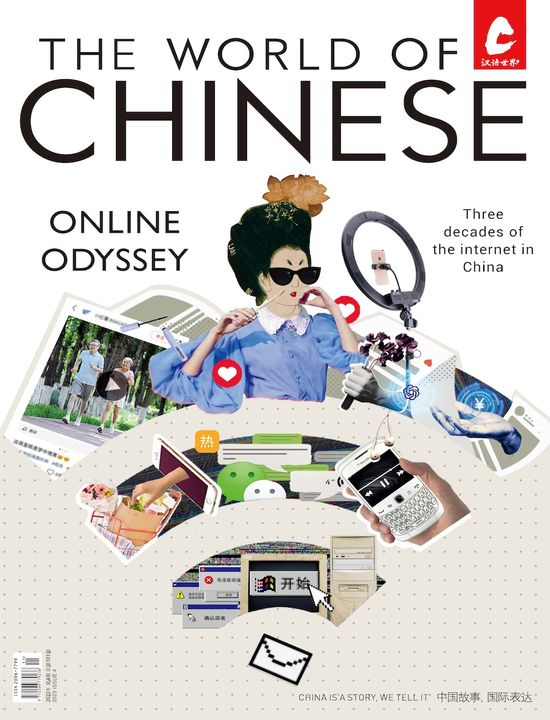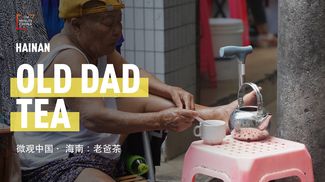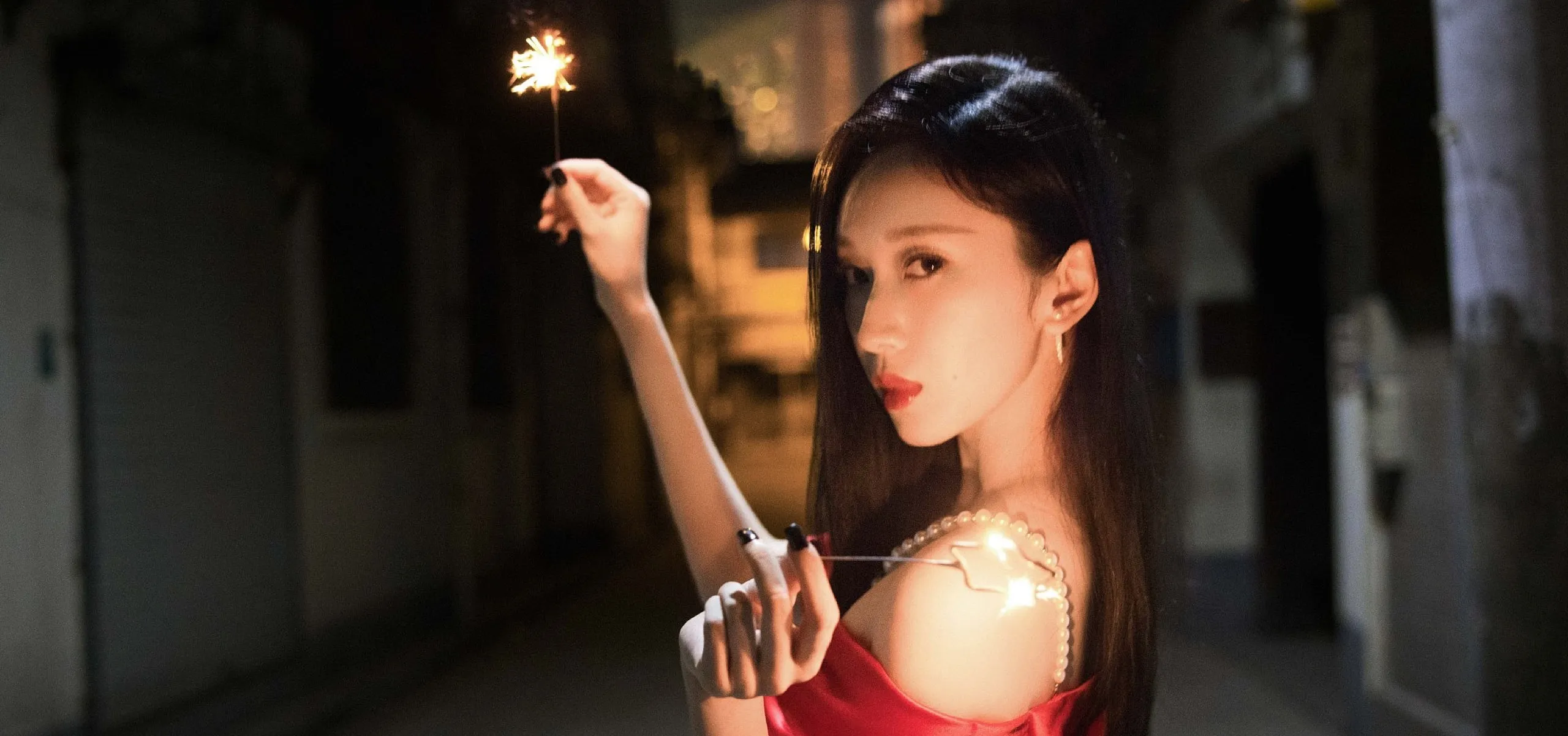Netizens are doing their best to “create an atmosphere” in their social media posts
Lighting scented candles, sipping a glass of wine, arranging fresh flowers in an elegantly-designed vase at sunset…surely no soul, exhausted after their first few days back at work after the Lunar New Year holiday, could resist such a meticulously formed warm and tasteful atmosphere. In China, such an ambiance is now routinely created on the internet, with social media users obsessed with “creating a sense of atmosphere (营造氛围感 yíngzào fēnwéigǎn)” in their posts, photography, and daily lives.
Referring to a high-end, sophisticated, tasteful aesthetic, the term “a sense of atmosphere (氛围感 fēnwéigǎn)” can be used to describe people, an approach to photography, or even a linguistic style.
Fed up of internet celebrities with similar-looking (and often heavily edited) faces, referred to as 网红脸 (wǎnghóngliǎn)—white skin, with big eyes, high-bridged nose, and pointed chin—netizens are now on the lookout for different styles of beauty. So-called “beautiful women with a sense of atmosphere (氛围感美女 fēnwéigǎn měinǚ)” do not need to have stunning facial features, but instead win the room with their overall temperament, clothing, hairstyle, demeanor, and body language. They create an engaging and approachable air, and hint that there’s a compelling backstory to their appearance and actions.
For instance, Chinese actress Ni Ni, well-known for portraying the prostitute Yu Mo in 2011 Zhang Yimou film The Flowers of War, is frequently appraised for her distinctive temperament and feminine charm. Witnessing such “goddesses (女神 nǚshén),” netizens gasp in admiration: “The sense of atmosphere is perfectly handled (氛围感拿捏住了 Fēnwéigǎn nániē zhù le).” Or: “It is full of a sense of atmosphere (氛围感拉满 Fēnwéigǎn lāmǎn).”
“Photos with a sense of atmosphere (氛围感照片 fēnwéigǎn zhàopiàn)” always have the perfect proportions of light and shadow, low saturation, and details which present a story to the viewer. Browsing posts on Xiaohongshu, a social media and e-commerce platform where netizens share beauty and lifestyle tips, one finds countless lessons on how to take “atmospheric” photos, with instructions on camera settings, the gestures of subjects, and editing techniques.
The search for the right atmosphere can be applied to language too. The internet is now full of “copy with a sense of atmosphere (高质量氛围感文案 gāozhìliàng fēnwéigǎn wén’àn)” for netizens to replicate onto their own social media accounts. These phrases blend poetic and literary images with metaphors, giving the writer an air of sophistication:
For example, to describe requited love: “I set off fireworks secretly in my heart, but found that you were watching it (我在心里偷偷放烟花,发现原来你也在看 Wǒ zài xīnli tōutōu fàng yānhuā, fāxiàn yuánlái nǐ yě zài kàn).”
Or, to describe one’s grand ambitions: “I want the stars and galaxies, boiling hot and sparkling (所念皆星河,滚烫闪耀 Suǒniàn jiē xīnghé, gǔntàng shǎnyào).”
This language style is often applied by advertisements to attract customers in search of a “high-quality” lifestyle, often to nebulous effect: “The drizzle wets my dress and my rose. The wind blows a bubble, and you can smell the deserted fragrance in the mist (细雨打湿了我的裙子,也打湿了我的玫瑰,风吹起一个透明的气泡,你可以闻到雾气中的冷香 Xìyǔ dǎshīle wǒ de qúnzi, yě dǎshīle wǒ de méiguī, fēng chuīqǐ yí gè tòumíng de qìpào, nǐ kěyǐ wéndào wùqì zhōng de lěngxiāng).”
It may take some time to finally figure out that this is an advertisement for a perfume manufacturer. But by describing the scenery the scent can create, the advertisement hopes to lure consumers in to buying the “atmosphere” the product allegedly creates.
The marketing method has roused the suspicion of some netizens who often complain that: “All the photos on Xiaohongshu are ‘fake photos,’ and its users are all masters of Photoshop (小红书上全是‘照骗’,人均修图大师 Xiǎohóngshū shàng quán shì ‘zhào piàn’ rénjūn xiūtú dàshī).” The phrase “照骗 (fake photos)” is a play on “照片 (photograph),” which is pronounced the same way.
Still, for bored netizens buried in their own daily grind at work, indulging in an invented “atmosphere” online may be the only way to enjoy the calming and tasteful aesthetic they crave.













